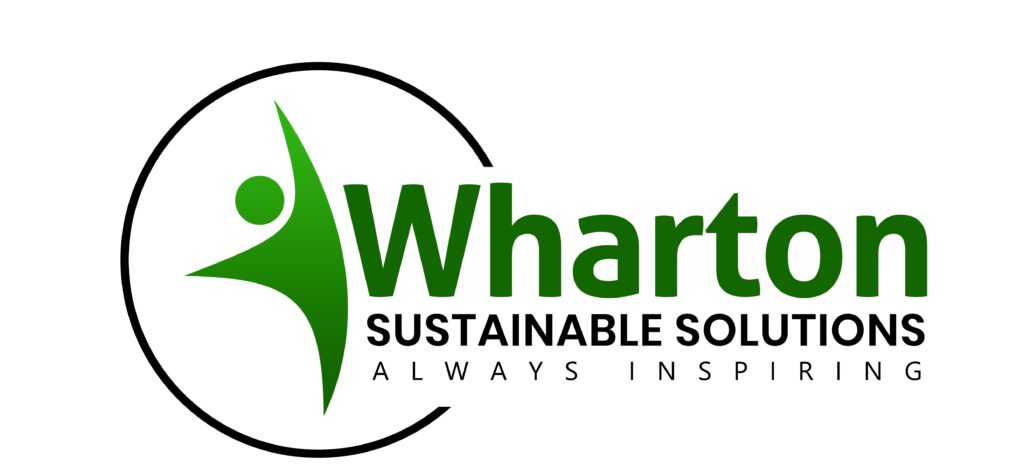Request a call back
OSHA 30 Hours- Construction Industry
Module Overview
The OSHA 30-Hours for Construction Industry is a comprehensive program developed by the Occupational Safety and Health Administration (OSHA) to promote safety excellence in the construction industry. This intensive course equips participants with an in-depth understanding of construction safety regulations, hazard identification, risk assessment, and proactive safety measures. It covers a wide range of critical topics, from fall protection and electrical safety to hazardous materials and equipment operation. Through engaging learning modules, real-world case studies, group discussions, and practical scenarios, attendees will develop the knowledge and skills needed to foster safer work environments in construction.
Compulsory Modules:
• Introduction to OSHA: Understanding OSHA’s mission, standards, and enforcement procedures.
• Fall Protection: Strategies for preventing and addressing fall hazards in construction.
• Electrical Safety: Safe practices when working with electricity, including lockout/tagout procedures
• Scaffolding and Ladder Safety: Proper use, inspection, and maintenance of scaffolds and ladders.
• Excavation and Trenching Safety: Protocols for safe excavation and trenching operations.
• Confined Space Entry: Procedures for safe entry into confined spaces on construction sites.
• Fire Prevention and Protection: Fire safety measures and emergency response procedures.
• Tools and Equipment Safety: Proper use, maintenance, and inspection of construction tools and equipment.
• IOSHA Inspection Procedures: Familiarity with OSHA’s inspection process and compliance requirements.
Elective Modules:
• Hazard Communication: Understanding chemical hazards and safety data sheets (SDS).
• Material Handling and Storage: Safe practices for handling and storing construction materials.
• Workplace Safety Programs: Creating and implementing effective safety programs.
• Safety Leadership: Developing strong safety leadership skills and fostering a safety culture.
• Emergency Action Plans: Creating and implementing emergency action plans.
• Case Studies and Practical Scenarios: Application of learned concepts through real-world situations and hands-on exercises.
Assessment
Course Duration:
Module 3: Social Factors in ESG
• Addressing social responsibility and ethical considerations
• Stakeholder engagement and community impact assessment
• Diversity, equity, and inclusion initiatives within organizations
Module 4: Governance and ESG Integration
• Role of governance in ESG frameworks
• Board oversight and accountability for ESG practices
• Transparency, ethics, and anti-corruption measures
Module 5: ESG Reporting and Performance Measurement
• Reporting frameworks and metrics for measuring ESG performance
• Integration of ESG data into corporate reporting
• Best practices in communication and disclosure of ESG initiatives
Module 6: Implementation Strategies and Case Studies
• Developing an ESG strategy tailored to organizational needs
• Real-world case studies demonstrating successful ESG integration
• Challenges and opportunities in implementing ESG practices
Module Activities:
Analysis of ESG reports and sustainability disclosures from various industries.
Group projects focusing on developing an ESG strategy for a simulated company.
Debates and discussions on ethical dilemmas and decision-making in ESG contexts.
Assessment
Creation of an ESG report for a selected company, evaluating its current status and proposing improvements.
Presentation on the development and implementation of an ESG strategy for a specific business scenario.
Training Duration: 3 Months (Classes every Saturday & Sunday)
Training Mode: Virtual through Zoom App
Timing: Evening Training for Working Professionals
Certificate: Awarded by EOSH-UK within 30 days of completion of training Programs
This module aims to equip learners with the knowledge, tools, and practical skills necessary to integrate ESG principles into business strategies, fostering responsible and sustainable practices in corporate environments.
